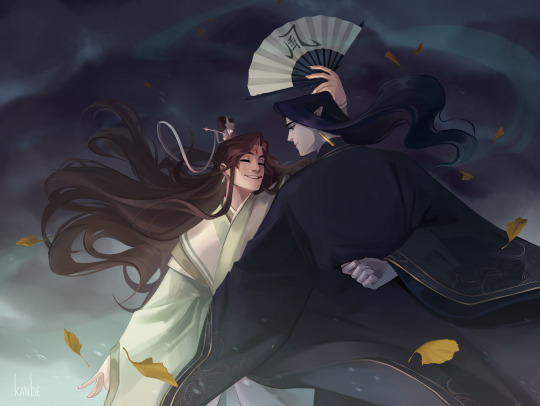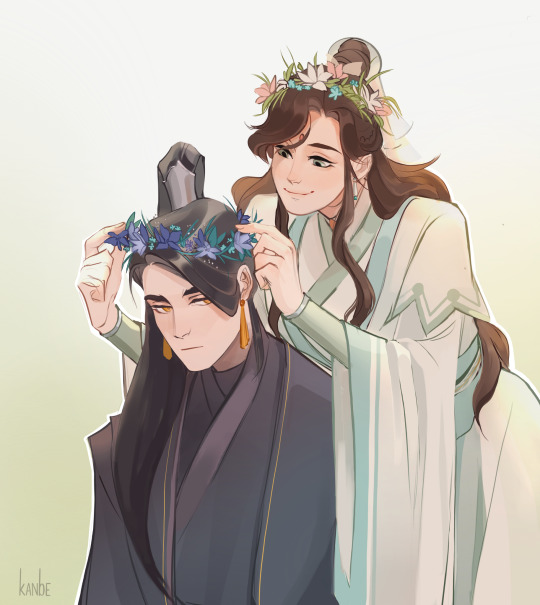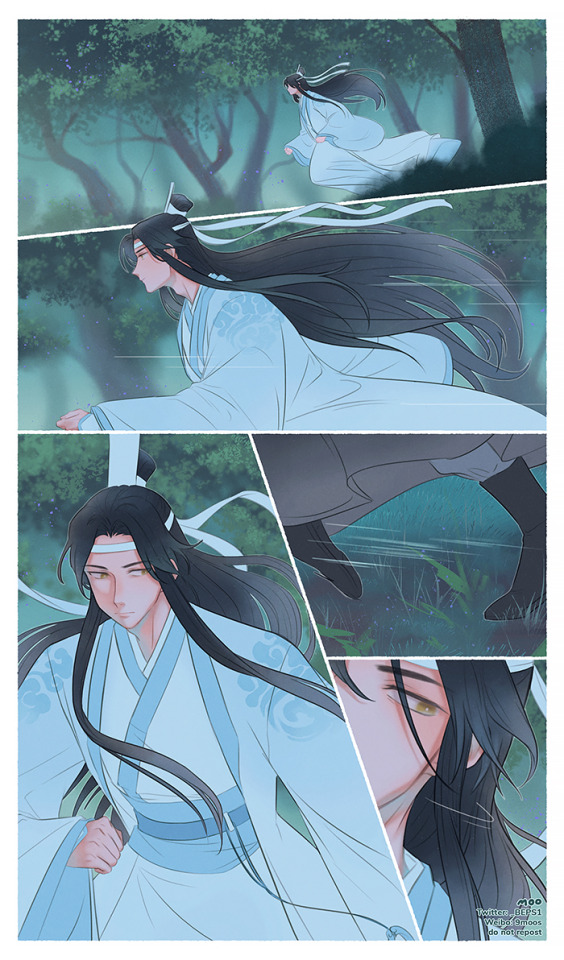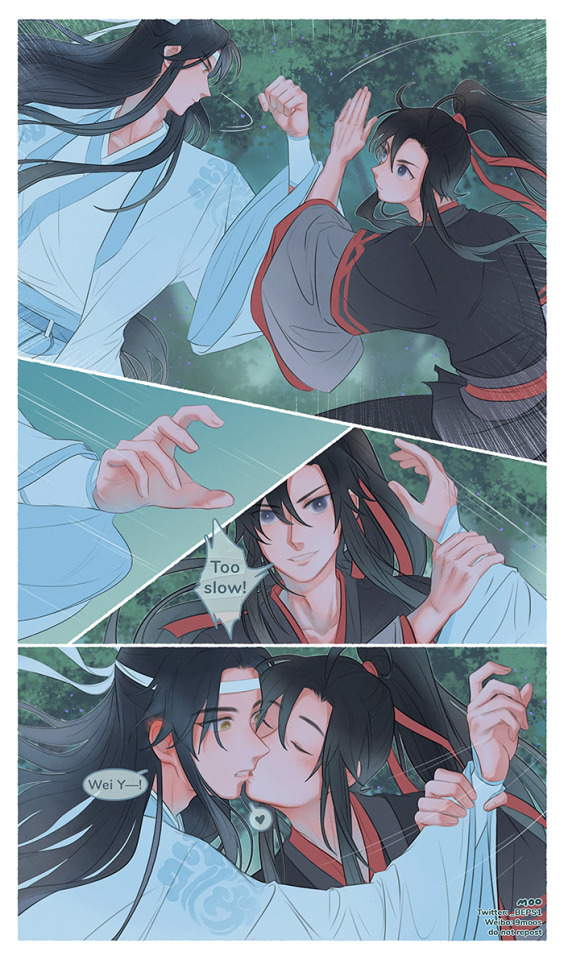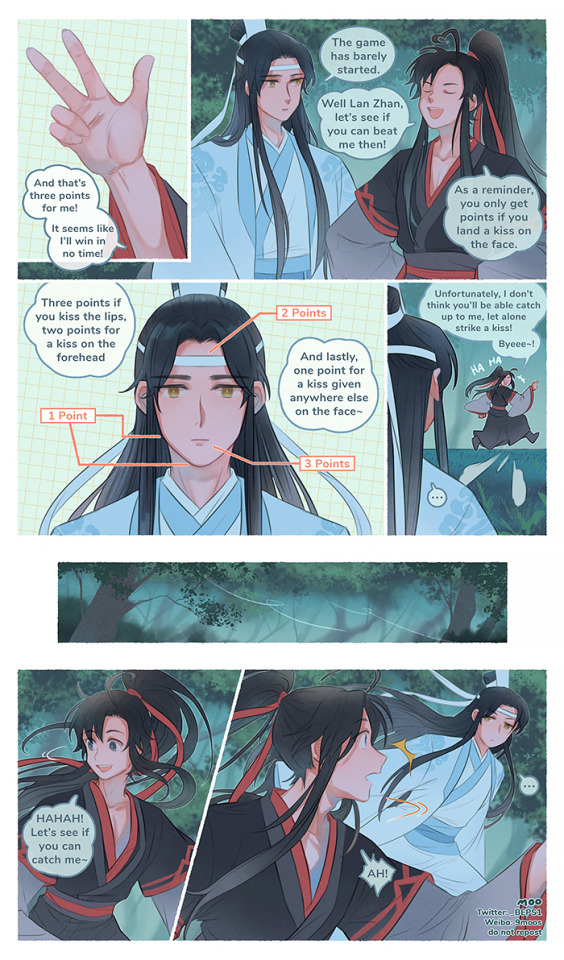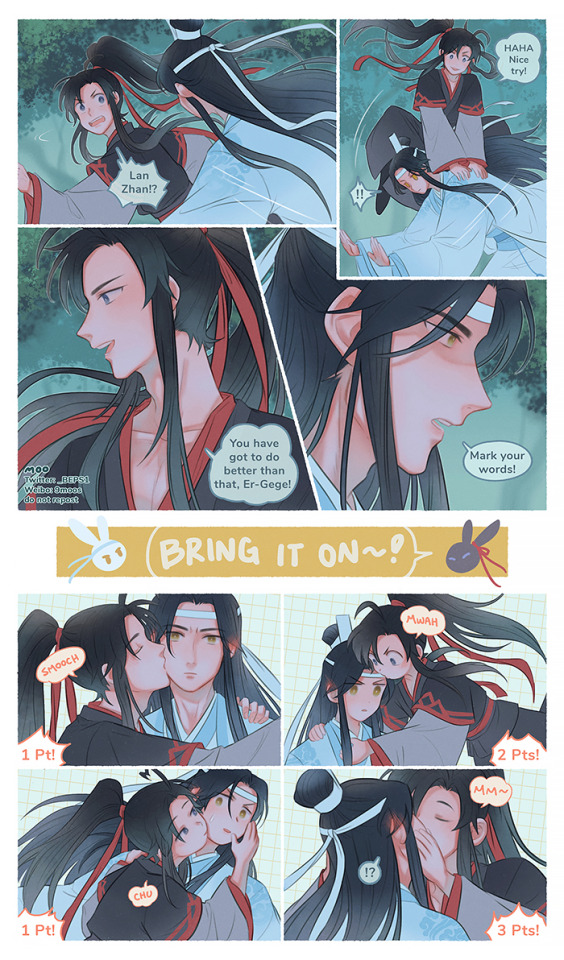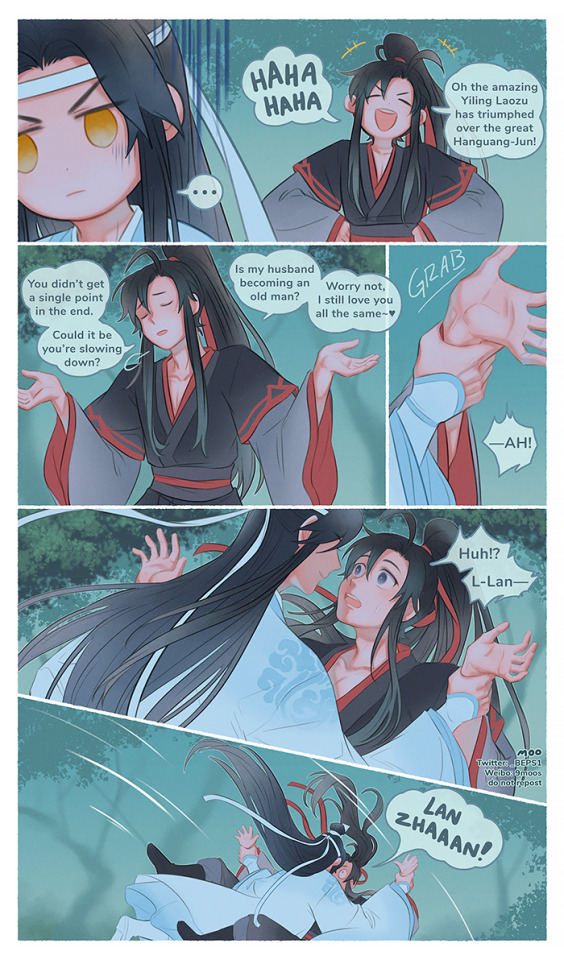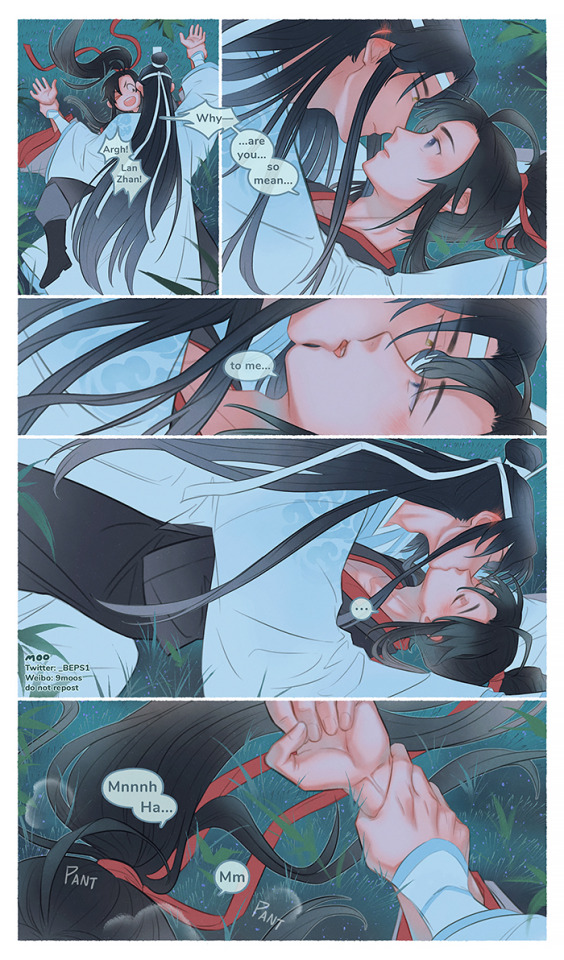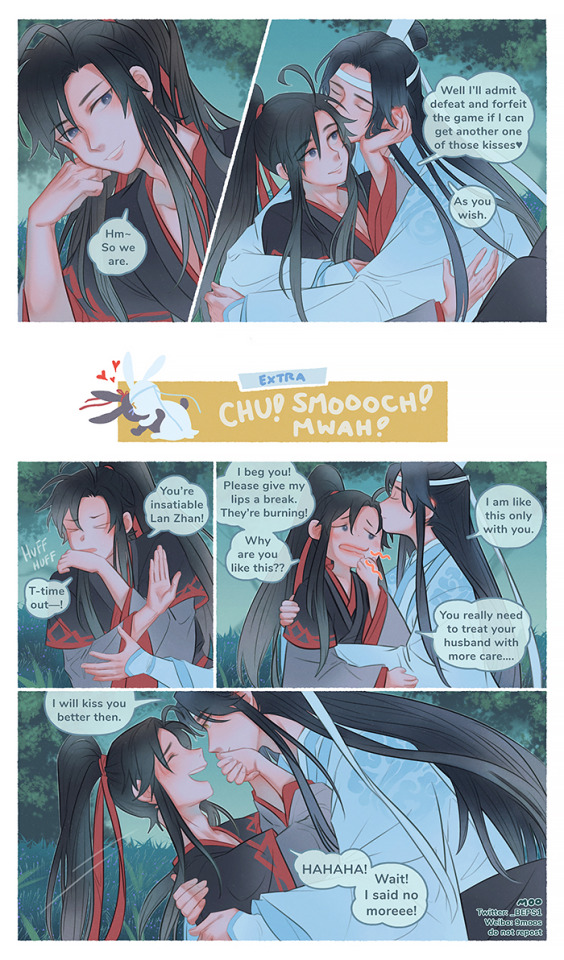Photo
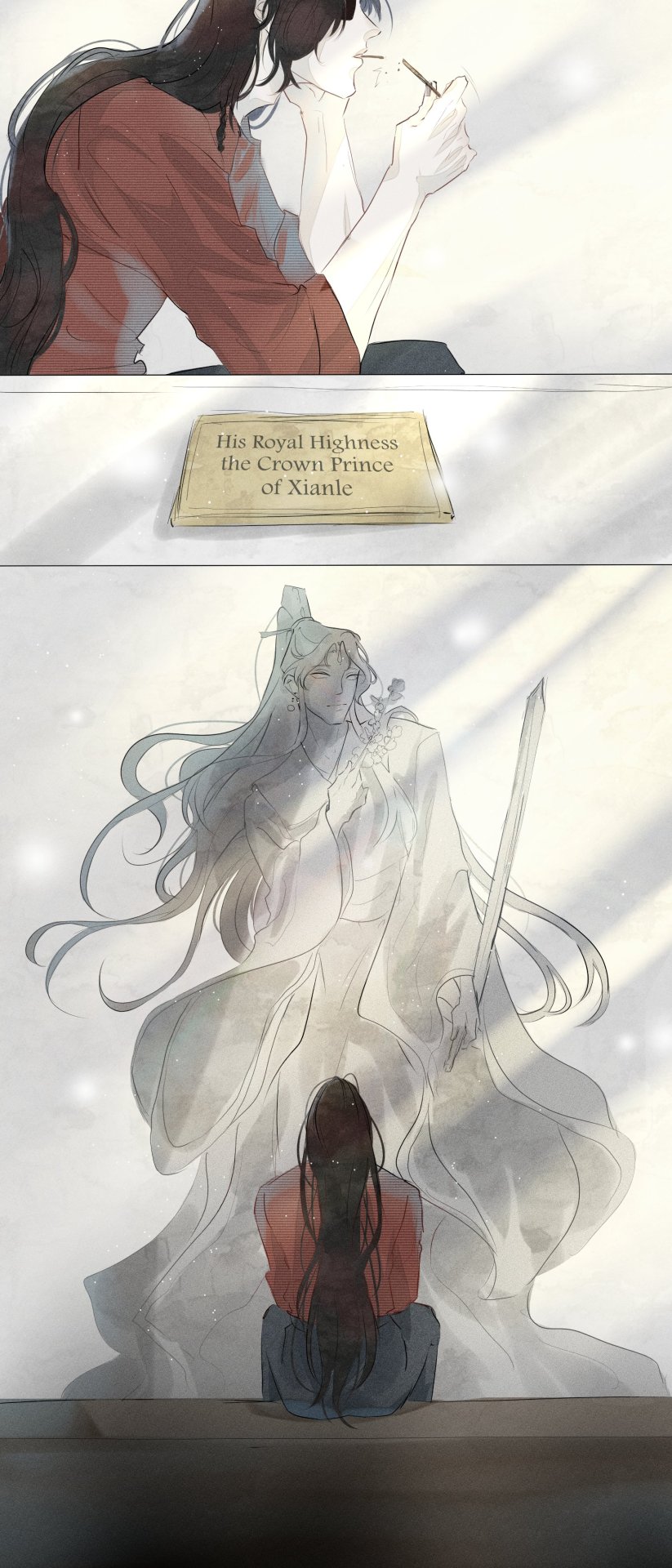



“Keep memories until the next meeting”
Permission granted by the artist. Do not repost or edit without permission. Support the artist on their page 😊
Artist: ImaginaryCanvas
Source
3K notes
·
View notes
Photo
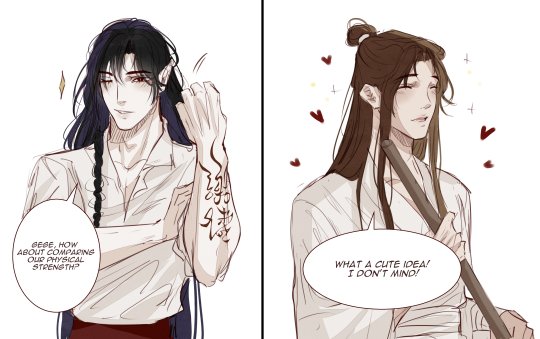



Strong gege supremacy
Permission granted by the artist. Do not repost or edit without permission. Support the artist on their page 😊
Artist: ImaginaryCanvas
Source
4K notes
·
View notes
Text


Someone on Twitter mentioned out how Hua Cheng probably had no idea what Xie Lian would be like after 800 years and would only fall more in love after seeing he was just as kind as when they first met! So I wanted to draw this lol
2K notes
·
View notes
Text
"To me, the one basking in infinite glory is you; the one fallen from grace is you. What matters is you, and not the state of you."
This one line, to me, reflects the heart and soul of what TGCF is about. Throughout the whole book, we see people of the highest calibre and potential shown as flawed; from the actions Pei Su takes in the Banyue arc, how Shi Wudu made his brother a god, treated his brother when he was powerless. We also see the people considered lowly and "fallen from grace" exhibit selflessness and goodness, such as the beggars in the Capital. We see people acting like people, whether those people be ghosts or gods or humans.
The line that I think best describes it is "When humans ascend, they are still human; when they fall, they are still human." Everything in the book simply hammers home that ghosts and gods are still dreadfully, wonderfully, human, and that it is impossible to put someone on a pedestal or throw them in the dirt without truly knowing who they are.
Jun Wu, as the antagonist, is a prime example of the theme. He is the greatest of gods and the most fearsome of ghosts and so, so, human. The dichotomy between ghost and god, between basking in glory and fallen from grace, between a smiling mask and a crying one. All of these are present in Jun Wu.
The characters are not good or bad, glorious or fallen, really, in the case of Hua Cheng and Yin Yu and Shi Qingxuan, not really only god or ghost or human.
Hua Cheng does not idolise Xie Lian without question because he thinks he is a perfect, incorruptible being. He has seen Xie Lian at the height of his glory as the Crown Prince in the Shangyuan Festival, as the god on the battlefield, but he has also seen him at his lowest; drunk in a ditch, taking on the cruel guise of White No-Face.
He has seen him at his everything, and he has seen, in all these instances, that Xie Lian is kind. He has seen him stop a procession in its tracks to rescue a falling child, he has seen him spend what little he has on freeing ghost fires, seen him rediscover belief in the kindness of others through small actions.
You cannot love someone until you know them. You cannot truly believe in a god, heart, body, and soul, without understanding them.
"To ascend is human, to fall is also human."
908 notes
·
View notes
Text


Very into this 😠x🥰 dynamic
Happy Valentine’s y’all!
924 notes
·
View notes
Text
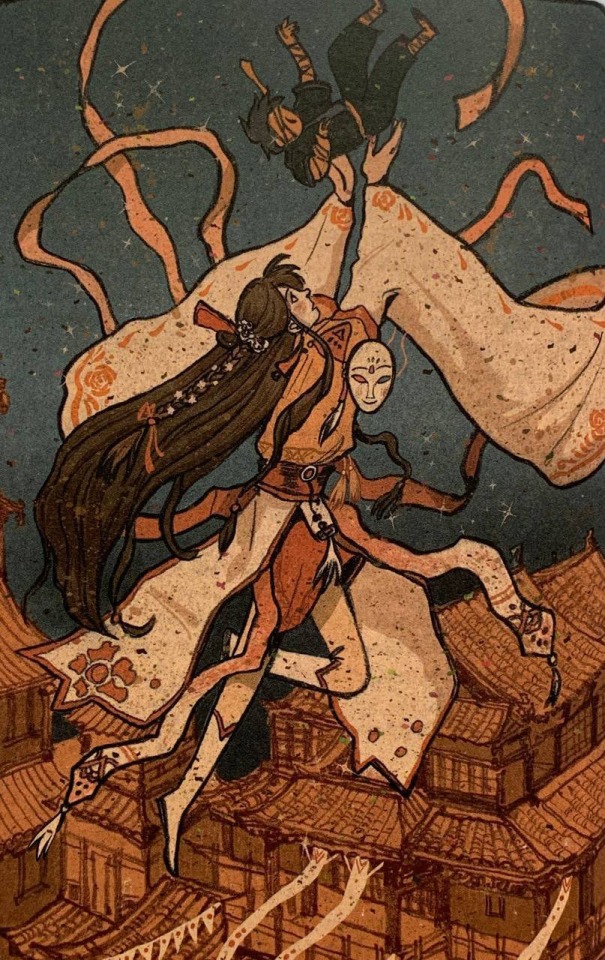
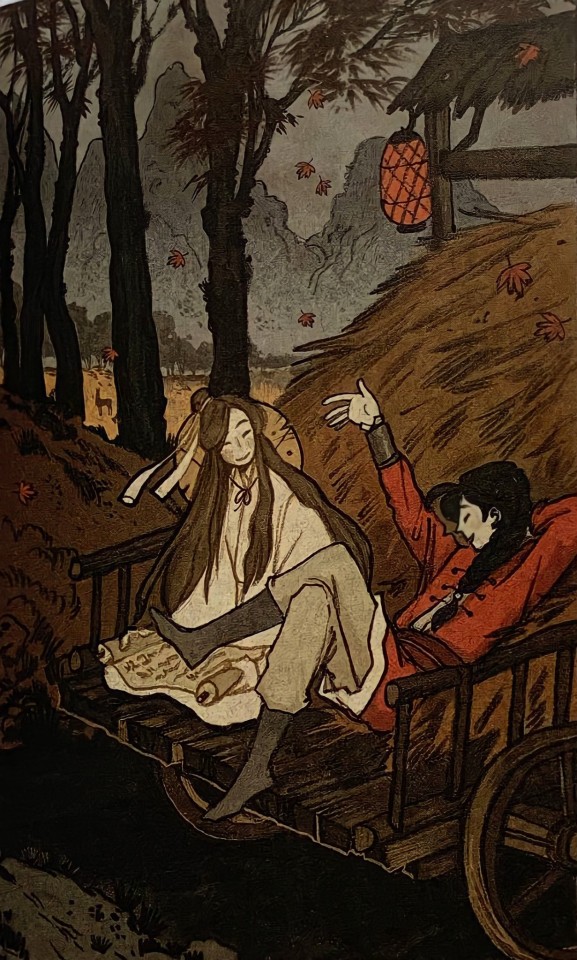
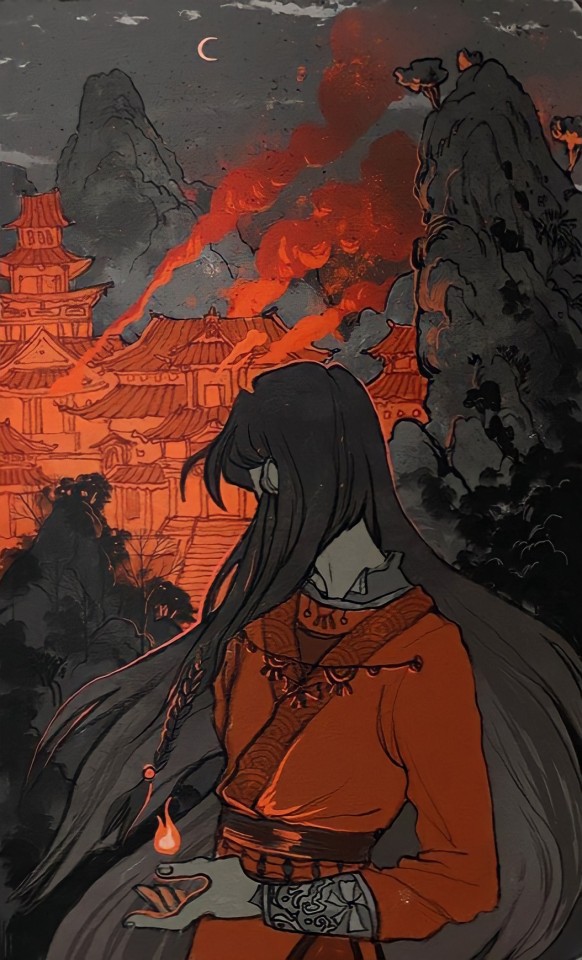
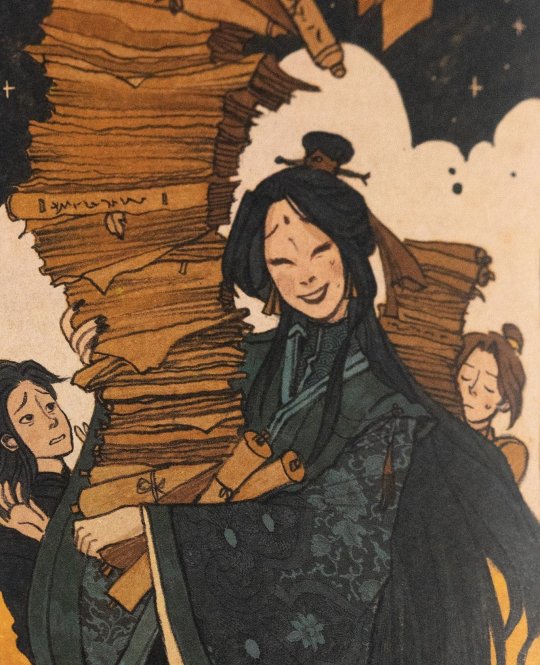

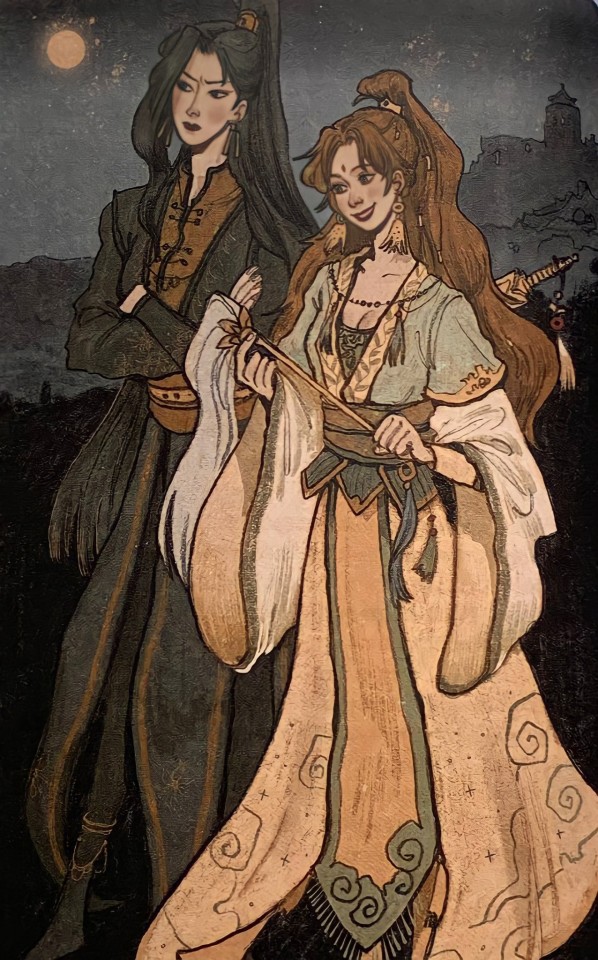

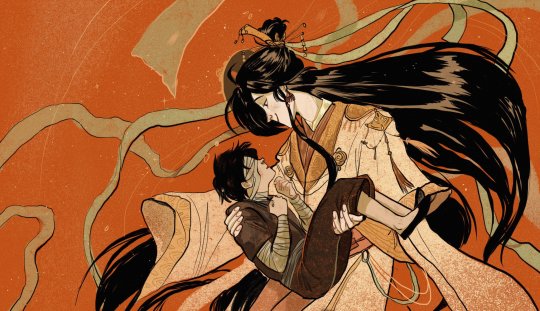
Illustrations for vol.1 of the russian edition by anteikovich
Pictures by hourlyfengqing on twitter and 28oi's official site
11K notes
·
View notes
Text
I don’t think it’s stated nearly enough, but Wei Wuxian is a genius. Not smart, a goddamn genius. Obviously we know this because he invented a whole new path of cultivation in the span of a few months when he was supposed to be dead, but I absolutely love the small ways the novel shows this off. He started cultivating later than the rich young masters of his generation, only to outpace all of them in just a few years despite his late start and being sabotaged by growing in the toxicity of the jiang household. He reads people and situations so quickly that he’s able to respond to a situation in seconds even as it evolves, as shown with both his introduction to Lan Qiren and ensuring the Wen don’t get a chance to murder anyone during the indoctrination camp. He knows exactly how to get what he wants out of people, be it the medicine pouch from Mianmian, the fruit from the women in Caiyi Town, the girls in Lotus Pier who brought the disciples watermelon, and any wary civilians he comes across during investigations. He manipulates Lan Wangji so skillfully to get him to win over a toddler A-Yuan who was terrified of him. He dies and despite the ritual that brought him back being botched so that he isn’t given instructions for what he needs to do, he figures out the gist of it in minutes. Same with immediately deducing that Jin Guangyao was behind Nie Mingjue’s death despite only meeting the former a few times in the past and only hearing good things about his reputation in the present.
He can pick up any tune and play it perfectly, even if he only hears it once. He can turn his idle daydreams into reality, like the compass of evil and the spirit attraction flags and his entirely new cultivation. He takes literally any stumbling block and uses it as a stepping stone on his path to greatness, because he never stops thinking on his feet. And while fandom tends to label this as his need to be “useful,” I think it’s more that he’s learned he has to always be one step ahead, because to fall even to average level is not just failure but major harm at best and actual death at worst.
I admire him so much for this, but I also know he is in this mode always because of his upbringing, both on the streets and then when he is brought into the cultivation world through the great sects. His intelligence is not a need to prove himself, but a need to survive, and that makes me ache for the child he didn’t ever get to be because he had to be a genius.
1K notes
·
View notes
Photo


9PM 🌑
Lan Qiren would not believe his eyes.
EDIT: Added a brighter version for phone screens.
1K notes
·
View notes
Text
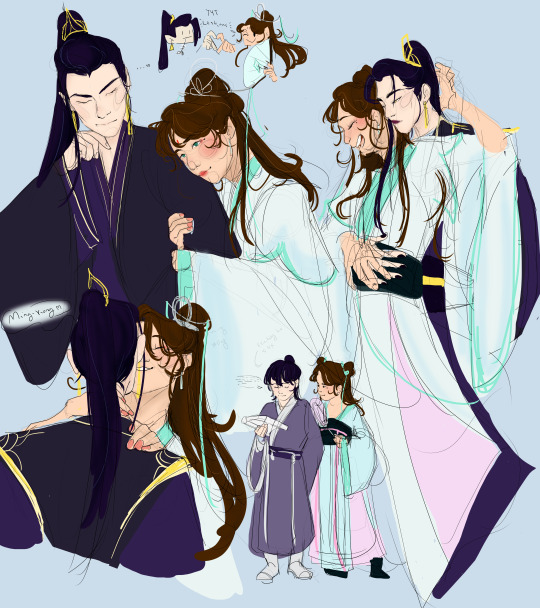
Revenge plot? I would have simply fallen in love with Shi Qingxuan instead
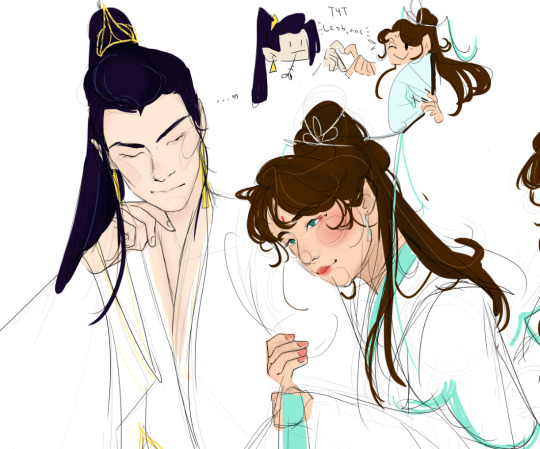
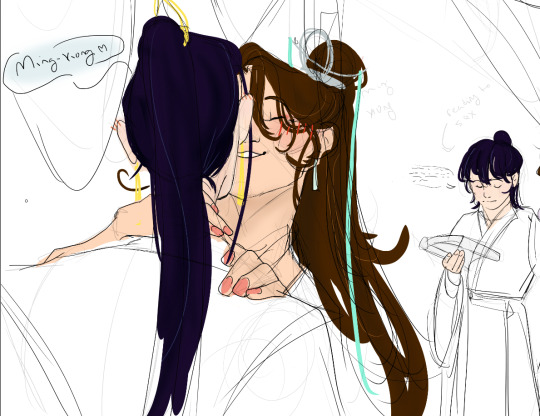
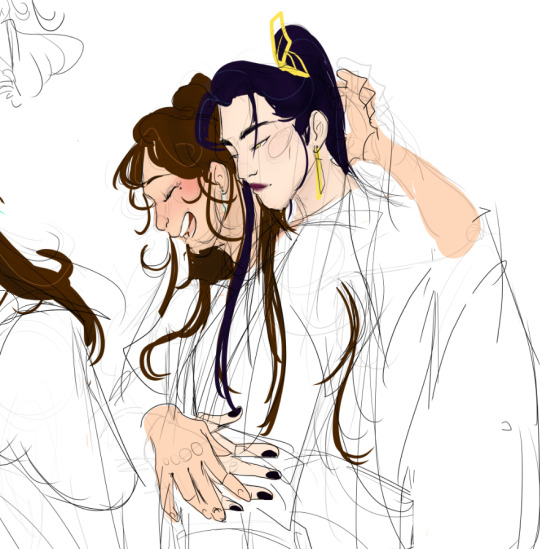
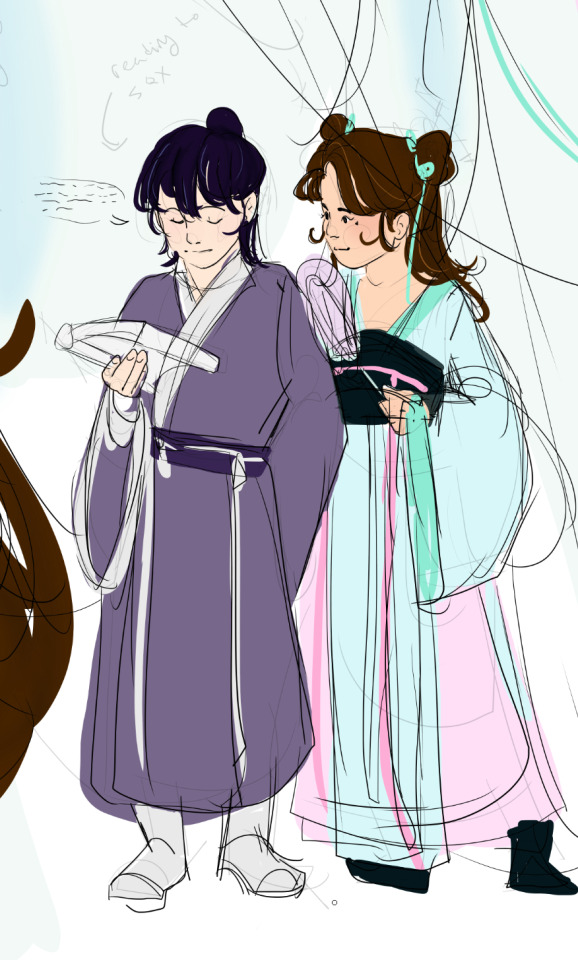
469 notes
·
View notes
Text
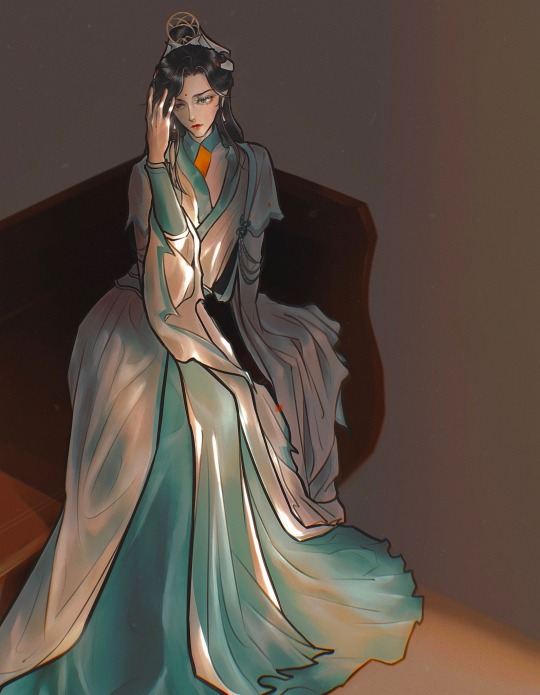
🍃 even pouring wine cannot help this longing 🍶
208 notes
·
View notes
Note
Hi! I always wondered I always see Xie Lian's famous phrase be translated into "I want to save the common people" but I've also seen it translated into him wanting to save the world. What's the exact nuance of the saying in CN then and how ambitious wae XL to dream of doing that
Hi! "Save the common people" is a more accurate translation than "save the world". The Chinese phrase for "common people" in this sentence is 苍生, which literally and originally means "wherever the grass grows", and which came to represent the ordinary folks and the common masses. As opposed to 苍生 are the royalty, the nobility, the officials at court who are theoretically responsible for governing and taking care of the common people.
So Xie Lian must've felt that since he's the prince and has a responsibility towards the welfare and livelihood of his people, he should make it his ultimate goal to save them. It's not impossibly ambitious for a prince who ascends to be a god, but we also see how truly difficult and complex it is. Of course XL at that stage didn't understand what it means to "save" someone, what a heavy burden it is to save even a single person, let alone the whole population, whether saving one people means screwing over another, and whether people want to or can be saved.
79 notes
·
View notes
Text


a bit more of tgcf doodles
it just amuses me how two most powerful demons in this novel are emotional catastrophies
3K notes
·
View notes
